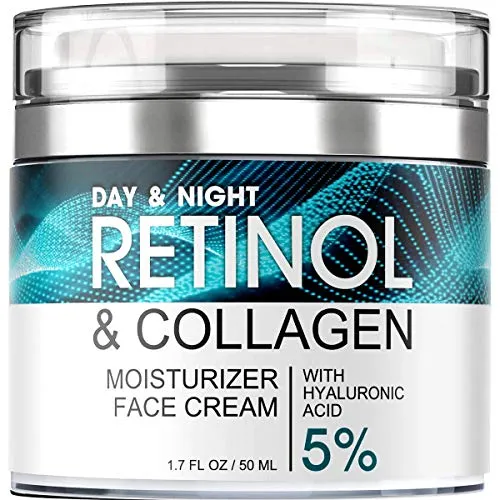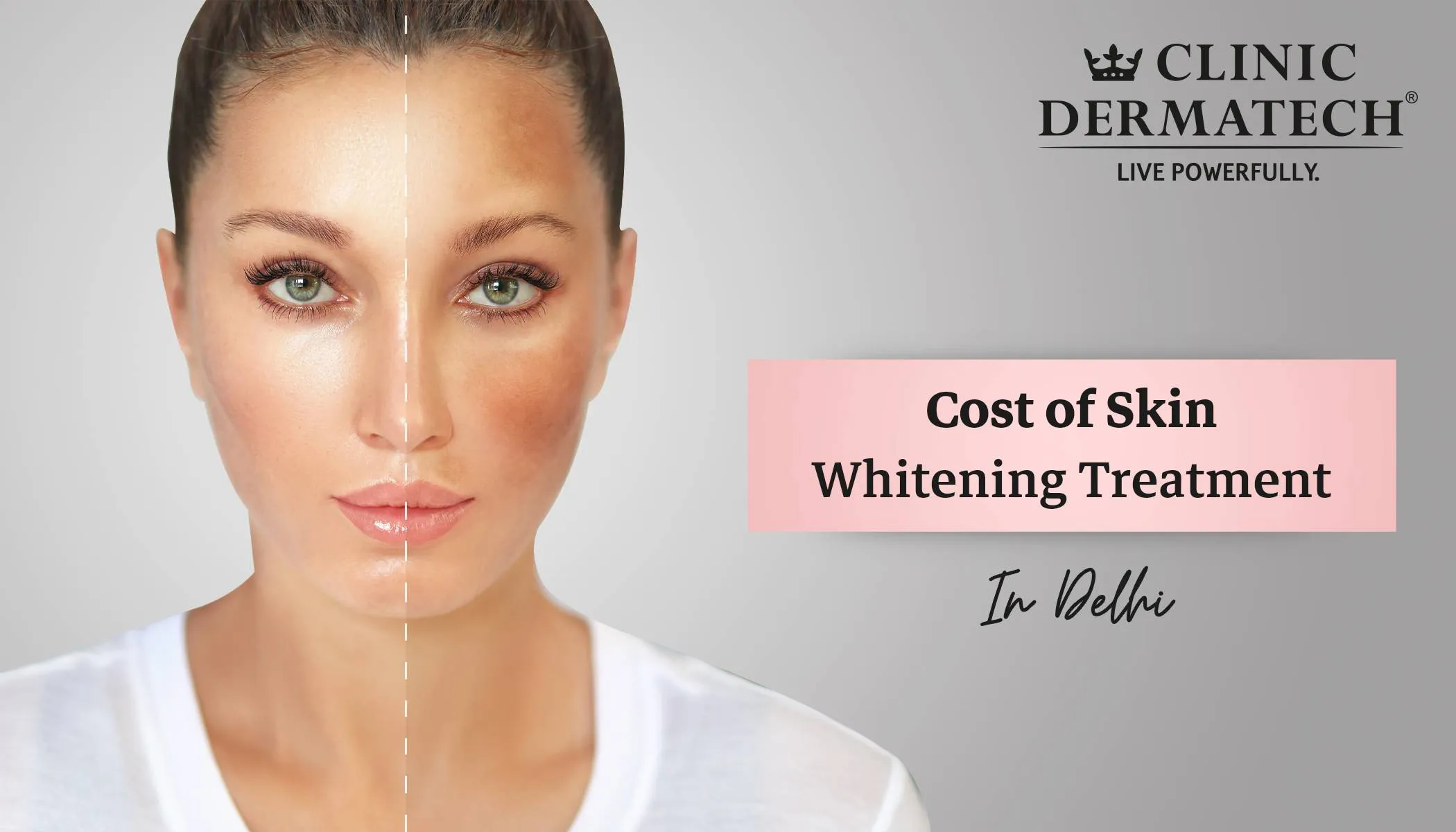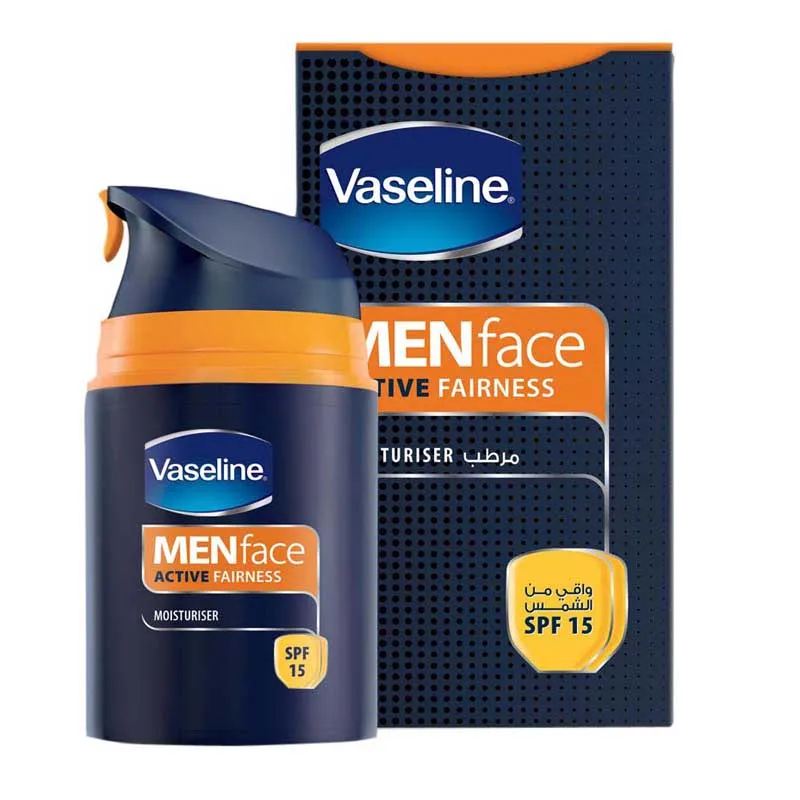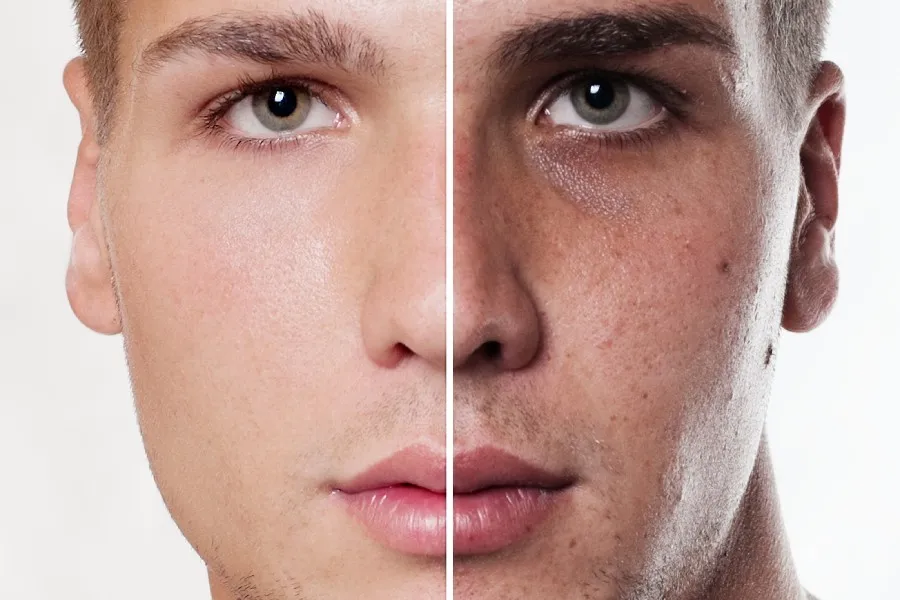Understanding Skin Whitening for Men
Skin whitening, also known as skin lightening or bleaching, is a cosmetic process aimed at reducing the melanin pigment in the skin to make it appear fairer. While it’s a common practice among men, it’s essential to approach it with a comprehensive understanding of the underlying causes of skin discoloration and the various methods available. The goal of many men is to achieve a brighter, more even skin tone, often to reduce the appearance of dark spots, hyperpigmentation, or uneven skin tone. This can lead to increased self-confidence and a more polished appearance. However, it is equally important to consider the potential risks and side effects associated with skin whitening treatments, and to choose methods that are safe and effective for your skin type. This guide will provide you with the most important secrets to achieve your skin whitening goals while prioritizing your skin health.
What Causes Skin Discoloration
Before diving into treatments, it’s important to understand the root causes of skin discoloration. This knowledge will help you choose the most effective and targeted approaches. Skin discoloration can manifest in various forms, from dark spots and uneven tones to overall dullness. Several factors contribute to these issues, and addressing these factors is key to any successful skin whitening regimen.
Sun Exposure

One of the primary culprits behind skin discoloration is sun exposure. Prolonged exposure to the sun’s ultraviolet (UV) rays stimulates melanin production, leading to tanning, dark spots, and an uneven skin tone. This process is the skin’s natural defense mechanism against sun damage, but excessive exposure without protection can accelerate the aging process and worsen discoloration. Regular and consistent use of sunscreen is critical to protect your skin from further damage. The intensity of the sun’s rays varies throughout the day, being strongest during the midday hours, and it is important to protect yourself accordingly. Even on cloudy days, UV rays can penetrate through clouds and damage your skin, so sunscreen should be a part of your daily routine. Furthermore, using protective clothing, like hats and long sleeves, and seeking shade during peak sun hours can add another layer of defense. Avoiding sunbeds and tanning booths is also essential, as they emit concentrated UV rays that can significantly damage the skin.
Acne and Scars
Acne breakouts and the scars they leave behind are another major cause of skin discoloration, particularly in men who experience frequent breakouts. Post-inflammatory hyperpigmentation (PIH) is a common result, where dark spots remain after acne lesions have healed. The severity of PIH depends on the skin type, the intensity of the inflammation, and how the acne was treated. Picking or squeezing acne can make the problem worse, increasing inflammation and the likelihood of scarring. Acne scars can range from minor discoloration to deep, textured scars. Treating acne promptly and effectively is crucial for preventing PIH. This includes using appropriate skincare products, seeking professional treatments like chemical peels or laser therapy, and avoiding habits that can worsen acne, such as touching your face frequently. Proper skincare routines, including regular cleansing, exfoliation, and the use of products containing ingredients like salicylic acid or benzoyl peroxide, can help to prevent breakouts and minimize the risk of scarring and discoloration.
Genetics
Genetics play a significant role in skin tone and the predisposition to certain skin conditions, including uneven pigmentation. Some individuals are genetically more prone to producing excess melanin, leading to darker skin tones or a greater likelihood of developing dark spots. Understanding your genetic makeup can help you anticipate potential skin issues and take proactive measures. While you cannot change your genes, you can still manage and improve your skin tone through careful skincare. Using targeted treatments, consistent sun protection, and lifestyle adjustments can help mitigate the effects of genetic predispositions. It is crucial to recognize that some skin whitening treatments may not produce the same results across all skin types due to genetic differences in melanin production. Consulting with a dermatologist can help determine the most appropriate and effective treatment plan based on your unique genetic profile and skin type.
Top 7 Skin Whitening Secrets for Men

Now, let’s explore the top seven secrets for effective skin whitening treatments designed specifically for men. These secrets encompass a combination of at-home practices, product usage, and professional interventions to help you achieve your desired results safely and efficiently.
Secret 1 Regular Exfoliation
Exfoliation is a fundamental step in any skin whitening regimen. It involves removing dead skin cells from the surface, revealing brighter, fresher skin underneath. Regular exfoliation helps to even out skin tone, reduce the appearance of dark spots, and improve the effectiveness of other treatments. There are several methods of exfoliation to consider, including chemical exfoliants like AHAs (alpha hydroxy acids) and BHAs (beta hydroxy acids), as well as physical exfoliants like scrubs and exfoliating brushes. For men, who often have thicker skin and tend to produce more oil, chemical exfoliants can be particularly effective as they penetrate deeper into the pores. When choosing an exfoliant, consider your skin type. For example, those with sensitive skin should opt for gentler options, while those with oily skin may tolerate stronger formulas. Exfoliate one to three times per week, and always follow up with a moisturizer and sunscreen. Over-exfoliating can lead to irritation, so monitor your skin’s response and adjust frequency accordingly. This will help you reveal brighter and smoother skin.
Secret 2 Effective Sun Protection
Sun protection is not just a secret; it is a non-negotiable requirement for successful skin whitening. Sun exposure is one of the leading causes of skin discoloration, and without proper protection, any whitening efforts will be undermined. The sun’s UV rays stimulate melanin production, which can lead to new dark spots and worsen existing ones. Applying broad-spectrum sunscreen with an SPF of 30 or higher every day, rain or shine, is critical. Reapply sunscreen every two hours, especially if you are swimming or sweating. Choose a sunscreen that suits your skin type; those with oily skin may prefer a gel or oil-free formula. Consider using a sunscreen that contains zinc oxide or titanium dioxide, as these are mineral-based and generally safe for all skin types. In addition to sunscreen, seek shade during peak sun hours, wear protective clothing, and use accessories like hats and sunglasses. Incorporating these habits into your daily routine will help protect your skin and maximize the results of your skin whitening treatments.
Secret 3 Using Whitening Creams and Serums

Whitening creams and serums are the workhorses of skin whitening treatments. These products contain active ingredients that target melanin production and even out skin tone. When selecting a whitening cream or serum, look for ingredients like hydroquinone, kojic acid, vitamin C, niacinamide, and arbutin. Hydroquinone is a potent skin-lightening agent but should be used under the guidance of a dermatologist because of its potential side effects. Kojic acid, derived from fungi, can help to inhibit melanin production and is generally well-tolerated. Vitamin C is a powerful antioxidant that brightens the skin and protects against free radical damage. Niacinamide, a form of vitamin B3, can reduce inflammation and improve skin tone. Arbutin is a natural skin brightener derived from the bearberry plant. Always follow the product’s instructions and apply the cream or serum consistently. Be patient, as it can take several weeks or months to see noticeable results. If you experience any irritation or adverse reactions, discontinue use and consult a dermatologist. Incorporating these ingredients can significantly improve your skin tone and help you reach your skin whitening goals.
Secret 4 Incorporating a Healthy Diet
The food you eat plays a significant role in your skin’s health and appearance. A healthy diet supports overall skin health and enhances the effectiveness of your skin whitening treatments. Focus on consuming antioxidant-rich foods, such as fruits and vegetables, which help to combat free radical damage and protect the skin from environmental stressors. Vitamin C, found in citrus fruits and berries, is a powerful antioxidant that also aids in collagen production, promoting skin elasticity and brightness. Hydration is also essential; drinking plenty of water keeps the skin hydrated and supports the natural detoxification process. Avoid excessive consumption of processed foods, sugary drinks, and unhealthy fats, as these can contribute to inflammation and negatively impact skin health. Consider incorporating foods rich in omega-3 fatty acids, like salmon and flax seeds, which have anti-inflammatory properties and can improve skin tone. A well-balanced diet, combined with a proper skincare routine, will help you achieve a radiant, healthy complexion.
Secret 5 Staying Hydrated
Hydration is a fundamental aspect of skin health and plays a critical role in skin whitening. Drinking enough water keeps your skin plump, hydrated, and functioning optimally. When your skin is well-hydrated, it appears smoother, more radiant, and less prone to the visible effects of aging and discoloration. Dehydration, on the other hand, can make your skin look dull, accentuate fine lines and wrinkles, and even worsen the appearance of dark spots. Aim to drink at least eight glasses of water per day, and even more if you are physically active or live in a hot climate. You can also increase your fluid intake by consuming water-rich fruits and vegetables, like watermelon and cucumbers. Keeping a water bottle with you throughout the day can serve as a constant reminder to drink water. Proper hydration supports the skin’s natural processes, helps to flush out toxins, and enhances the effectiveness of your skin whitening treatments. This simple yet effective secret should be a cornerstone of your skincare routine.
Secret 6 Considering Professional Treatments

While at-home treatments can be effective, professional treatments often provide more significant and faster results. Consulting a dermatologist allows you to access advanced skin whitening options that may not be available over the counter. Professional treatments can be tailored to your specific skin type and concerns, providing a more targeted approach. Some popular professional treatments include chemical peels, laser therapy, microdermabrasion, and microneedling. Chemical peels use chemical solutions to exfoliate the skin and reduce the appearance of dark spots and uneven skin tone. Laser therapy can target specific areas of pigmentation, providing more precise results. Microdermabrasion physically exfoliates the skin, removing dead cells and promoting cell turnover. Microneedling stimulates collagen production and can improve skin texture and reduce the appearance of scars. Before undergoing any professional treatment, discuss your goals and expectations with your dermatologist, and follow their aftercare instructions carefully. Investing in professional treatments can accelerate your progress and help you achieve your desired skin whitening results more efficiently.
Secret 7 Lifestyle Adjustments
Beyond skincare, lifestyle adjustments can significantly impact your skin whitening journey. Stress, lack of sleep, and smoking can all negatively affect your skin and undermine your efforts. Managing stress through techniques such as meditation, yoga, or spending time in nature can improve your skin health. Getting enough sleep (7-9 hours per night) allows your skin to repair and regenerate. Quitting smoking is crucial, as smoking restricts blood flow and damages collagen, leading to premature aging and discoloration. Regular exercise improves circulation and overall health, which can contribute to a brighter complexion. Limiting alcohol consumption is also beneficial, as excessive alcohol can dehydrate the skin and exacerbate skin issues. By making these lifestyle adjustments, you can enhance the effectiveness of your treatments and achieve a healthier, more radiant complexion. Adopting a holistic approach to skincare involves considering not only the products you use but also the habits you maintain.
Choosing the Right Skin Whitening Treatment
Choosing the right skin whitening treatment involves careful consideration of your skin type, the ingredients in the products, and the advice of a dermatologist. A tailored approach ensures that you are using treatments that are both effective and safe for your specific needs. It is important to consider the various aspects before starting any new treatment. These will help you choose the right and most beneficial treatments.
Evaluating Your Skin Type

Understanding your skin type is the first step in selecting appropriate treatments. Skin types generally fall into categories such as oily, dry, combination, sensitive, and normal. Knowing your skin type helps you choose products that will be effective and minimize the risk of irritation or adverse reactions. For example, men with oily skin may prefer lightweight, oil-free formulas, while those with dry skin should opt for richer, hydrating products. Those with sensitive skin should avoid harsh ingredients and opt for gentle, hypoallergenic options. Identify your skin type by observing how your skin reacts to different products, the amount of oil it produces, and its sensitivity levels. Conducting a patch test before introducing a new product is also a good practice, especially if you have sensitive skin. Applying a small amount of the product to a discreet area of your skin and observing for any adverse reactions for 24-48 hours can help determine if it is suitable for you. By understanding and respecting your skin type, you can make more informed decisions and tailor your skincare routine for the best results.
Understanding Ingredients
Being informed about the ingredients in your skin whitening products is critical for making safe and effective choices. Different ingredients work in various ways to lighten the skin, and knowing their functions helps you select the best products for your needs. As mentioned earlier, some common ingredients include hydroquinone, kojic acid, vitamin C, niacinamide, and arbutin. Hydroquinone is a potent lightening agent, but it can cause side effects, so it should be used under medical supervision. Kojic acid and arbutin inhibit melanin production and are generally considered safer alternatives. Vitamin C is a powerful antioxidant that brightens the skin and protects against free radical damage. Niacinamide reduces inflammation and improves skin tone. When choosing products, read the ingredient list carefully and research any unfamiliar components. Avoid products containing harmful ingredients like mercury, which is often found in unregulated products and can cause serious health issues. Also, be mindful of the concentration of active ingredients, as higher concentrations do not always equate to better results and can increase the risk of irritation. Consult with a dermatologist to get professional recommendations.
Consulting with a Dermatologist
Consulting with a dermatologist is the best way to ensure the safety and effectiveness of your skin whitening treatments. A dermatologist can assess your skin type, identify the causes of your skin discoloration, and recommend a tailored treatment plan. They can also help you navigate the various options available, from over-the-counter products to prescription medications and professional treatments. A dermatologist can provide you with detailed information and guidance on product usage and potential side effects. They can also monitor your progress and make adjustments to your treatment plan as needed. Professional advice is particularly crucial if you have sensitive skin, underlying skin conditions, or are considering more aggressive treatments. A dermatologist will also be able to advise you on the appropriate sun protection measures, which are essential for maintaining your results. By working with a dermatologist, you can make informed decisions, minimize risks, and maximize the chances of achieving your desired results.
Maintaining Results and Long-Term Care

Achieving brighter, more even-toned skin is a journey, not a destination. Maintaining your results requires consistent care and a long-term commitment to your skincare routine. This involves establishing healthy habits and making sustainable lifestyle changes to ensure your skin remains healthy and radiant for years to come.
Developing a Consistent Skincare Routine
A consistent skincare routine is the cornerstone of maintaining your skin whitening results. Your routine should be customized to your skin type and the specific treatments you are using. It should include regular cleansing, exfoliation, and the application of targeted products like whitening creams and serums. Cleansing removes dirt, oil, and impurities, preparing your skin for other treatments. Exfoliation removes dead skin cells, promoting cell turnover and brightening your complexion. Apply your whitening products as directed, typically in the morning and evening. Don’t forget to incorporate a broad-spectrum sunscreen into your daily routine. Be consistent with your routine, even when you are not seeing immediate results. Patience is essential, as it can take several weeks or months to see significant changes. Monitoring your skin’s response to different products and adjusting your routine as needed is crucial. Establishing a consistent skincare regimen will help you to sustain your results and maintain a healthy, radiant complexion.
Regular Check-ups
Regular check-ups with a dermatologist are crucial for long-term skin health and maintaining the results of your skin whitening treatments. These appointments allow your dermatologist to monitor your skin’s condition, assess the effectiveness of your treatments, and address any concerns or potential side effects. During your check-ups, your dermatologist may adjust your treatment plan, recommend new products or procedures, or provide guidance on any emerging skin issues. They can also perform skin cancer screenings, which are an essential part of preventative care. Regular visits can help you catch any problems early and take proactive measures to address them. The frequency of your check-ups may vary depending on your skin type, the treatments you are using, and your individual needs. Always follow your dermatologist’s recommendations and keep them informed of any changes in your skin’s condition or any side effects you experience. By staying proactive about your skin health, you can ensure that your skin remains healthy, bright, and radiant for years to come.
